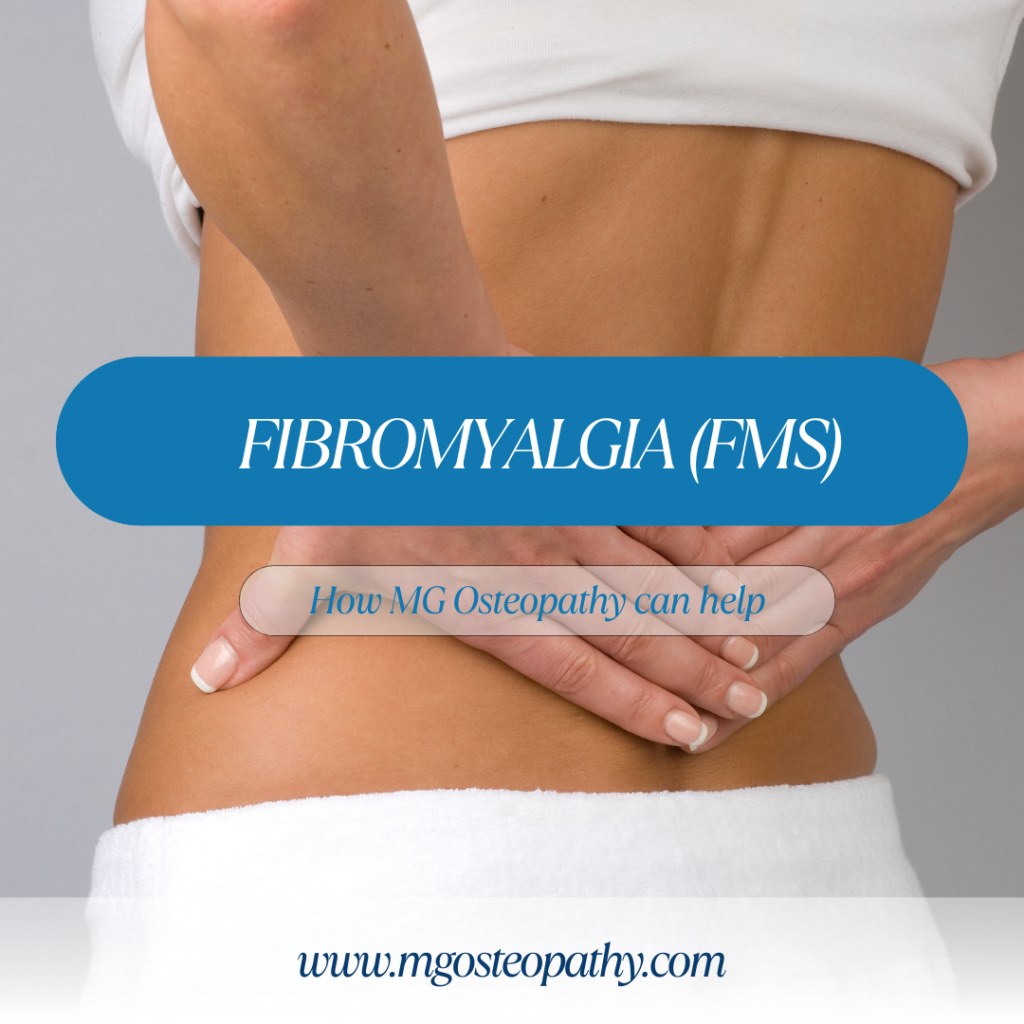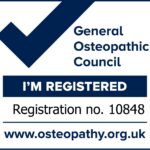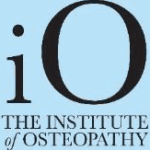Fibromyalgia (FMS) is a chronic pain disorder that causes widespread pain and fatigue in the muscles, joints, and soft tissues. People with fibromyalgia often experience heightened sensitivity to pain and touch, making everyday activities difficult.
Factors associated with the development of Fibromyalgia
- Abnormal Pain Processing
- Genetics
- Trauma or Stress
- Sleep Issues
- Hormonal Imbalances
Signs and Symptoms of Fibromyalgia
The symptoms of fibromyalgia vary from person to person but often include:
- Widespread Pain
- Chronic Fatigue
- Cognitive Issues affecting concentration, memory, and focusing on tasks.
- Sensitive points such as the neck, shoulders, hips, and knees.
- Mental Health and Mood Issues such as anxiety and depression
- Other symptoms are headaches, IBS, tingling or numbness in the extremities, and sensitivity to temperature, light, or noise.
Risk factors associated with developing Fibromyalgia
- Women are more likely to develop FMS than men.
- For those who are middle-aged (45-65), it can occur at any time.
- A family history of fibromyalgia or other chronic pain conditions.
- Physical trauma or significant emotional stress can trigger FMS
- Other Pre-existing Conditions such as rheumatoid arthritis or lupus, can raise the risk.
Treatment Options for Fibromyalgia
There is no single treatment for fibromyalgia, but the symptoms can be managed:
- Medications such as pain relievers and antidepressant medications
- Exercising: Regular, low-impact exercises like swimming, walking, or yoga can alleviate pain and improve sleep and mood.
- Physical Therapy: Physical therapists can create personalised exercise programs to help manage pain and maintain physical health.
- Therapy: Therapy can help manage the emotional aspects of fibromyalgia by teaching coping strategies for chronic pain and fatigue.
Ways to self-Manage
Beyond medical treatments, adopting healthy lifestyle habits can significantly improve symptoms. Here are several self-care strategies that can help:
- Stress Reduction: Mindfulness Meditation, Deep breathing and Journalling
- Improving Sleep Quality
- Maintaining a Healthy Diet
- Exercise Regularly
- Pacing and Energy Management by setting realistic goals and scheduling rest periods throughout the day
How MG Osteopathy Can Help
At MG Osteopathy, we take a holistic approach, considering factors like posture, diet, and emotional well-being. By addressing the body as a whole, osteopathy can complement other treatments and self-help strategies to reduce the severity of FMS symptoms.
Osteopathy is a holistic, hands-on approach focusing on the body’s musculoskeletal system—bones, muscles, and connective tissues. It can help FMS by:
- Alleviating Pain and Muscle Tension
- Improving Joint Mobility
- Supporting Better Sleep
- Enhancing Overall Well-being and improving quality of life
Conclusion
Fibromyalgia is a complex condition that requires a comprehensive approach to manage its symptoms. Many people with FMS can lead more comfortable and active lives by combining medical treatments, self-help strategies like stress reduction, improved sleep, regular exercise, and complementary therapies such as osteopathy.





